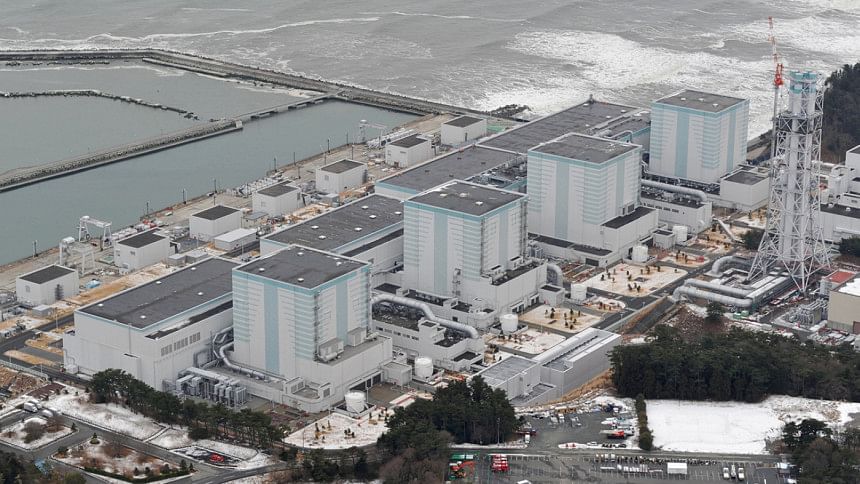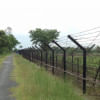Bangladeshi asylum seekers tricked into radiation clean-up

Two Bangladeshi asylum seekers in Japan cleared up radioactive contamination from one of the world's worst nuclear disasters on the false promise doing so would win them permission to stay in the country longer, media reported today.
The Fukushima nuclear plant suffered multiple meltdowns after being hit by a tsunami triggered by a big earthquake on March 11, 2011. Companies decontaminating areas around the plant, which usually involves removing radioactive top soil, have struggled to find workers willing to do the job.
The two men, who arrived in Japan in 2013 saying they were escaping political persecution, said they were told by brokers and construction companies that their visas would be extended if they did decontamination work, the Chunichi newspaper reported.
"We believed the visa story because they said it's a job Japanese people don't want to do," Chunichi quoted one of the men, Monir Hossain, as saying.
Reuters was not able to reach the two men.
The men did the decontamination work in Iitate village, about 50 km (30 miles) south of the plant, from January to March 2015, Chunichi said.
Japan maintains tight controls on the entry of foreign workers but asylum seekers are allowed to work while their applications are reviewed. Many have permits allowing them to stay and work that have to be renewed every six months.
Mitsushi Uragami, a justice ministry official who oversees refugee recognition, said there were no residence permits on offer for people doing decontamination.
"The length of asylum seekers' residence permits and them doing decontamination work are unrelated. If anyone is giving inaccurate explanations about this, it's problematic," Uragami told Reuters.
The department was investigating the case, he said.
Takuya Nomoto, an environment ministry official overseeing decontamination, said the Chunichi report did not give the names of the companies or labour brokers involved, and as such the ministry was not able to confirm it.
"The ministry expects all contractors involved in decontamination to comply with the law," he said.
The Fukushima Labour Bureau said this month more than half of the 1,020 companies involved in decontamination violated labour and safety laws last year.
Reuters revealed in 2013 that homeless men were put to work clearing radioactive soil and debris in Fukushima for less than the minimum wage.
Reuters also found the clean-up depended on a little scrutinised network of subcontractors - many of them inexperienced with nuclear work and some with ties to organised crime.

 For all latest news, follow The Daily Star's Google News channel.
For all latest news, follow The Daily Star's Google News channel. 








Comments